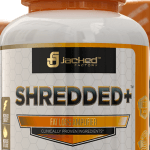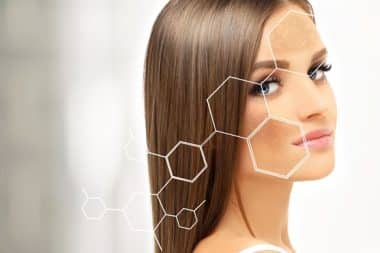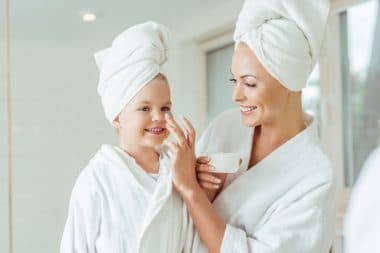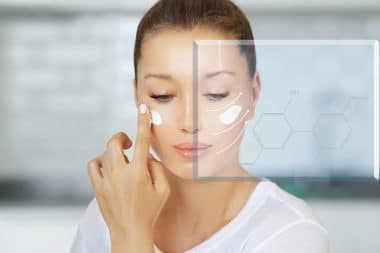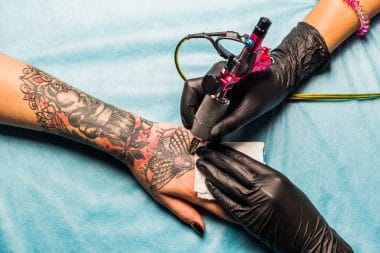Dry, chapped lips are uncomfortable and, if left untreated, can lead to cracking and bleeding. Chapped lips are most common in the winter, though the condition can occur in any season. Here are some tips to help you heal the damage and address the root causes of lip chapping.
Resist the Urge to Lick
It may seem like you’re adding moisture to your skin when you lick your lips, but you will actually cause more damage. It can be really tempting to lick dry lips. It will even sooth them, but only for a minute. In the long run, lip licking will dry you out even more and lead to cracking and peeling.
Hydrate
You may be dehydrated. Lips are thin and delicate, so that’s where you’ll notice dehydration first. It’s easy to get dehydrated in the winter. You don’t automatically drink to cool down, and indoor heating systems can dry you out. Increase your water intake.
Apply Lip Balm
Lip balm can provide instant respite from chapped lips. Lip balm also creates a seal between your lips and the air, preventing further drying. Just be sure to avoid flavored lip balm, as this can increase the temptation to lick your lips.
Apply Coconut Oil, Olive Oil, Shea Butter
Natural oils are one of the best ways to moisturize your lips and promote faster healing. Oils are easy to apply. Simply smear a little oil on your finger and gently rub your lips. Do this several times a day if you have severe chapping.
Use SPF to Avoid Sunburn
Your chapped lips might actually be caused by mild sunburn. If you notice you get chapped lips after skiing or spending time on the beach, try using a lip balm that says “SPF” on the label.
Use Antibiotic Ointment on Cracked Lips
Severely chapped lips can lead to cracking and bleeding. Antibiotics will help prevent infection and heal the cracks faster. Apply ointment before going to bed or after meals –times when you are less likely to swallow what’s on your lips.
Exfoliate
As your lips start to heal, gently exfoliate the dead dry skin. Try exfoliating with a mixture of brown sugar and honey. The brown sugar gently scrapes away dead skin cells, and the honey soothes sore skin. Exfoliating will make it easier to moisturize your lips with a lip balm.
Prevention is Better Than Treatment
Understanding the root cause of chapped lips will help prevent painful, cracking lips in the future. If you typically get chapped lips from being outside, try using an SPF lip balm. If you get chapped lips while being indoors in the winter, make sure you are drinking enough and applying moisturizer before the problem gets out of hand.
